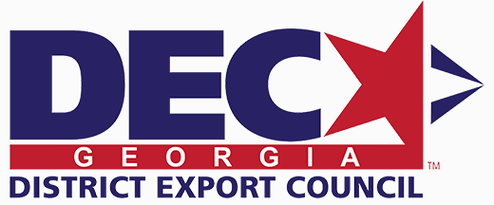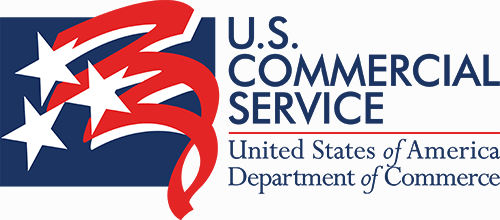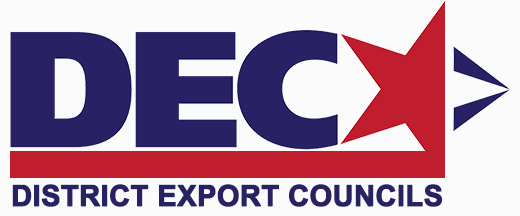-
home
-
EXPORTER'S DATABASE
-
export basics
-
guidebook
-
market research
-
country commercial guides
-
cIA world factbook
- top market reports
-
finance & insurance
-
e-commerce
-
trade partners
-
regulations & compliance
-
international business travel
-
intellectual property
-
documents & forms
-
weblinks
-
trade articles
-
other resources
-
export glossary
-
webinar handouts
-
export basics
-
webinars
-
exams
-
partners



